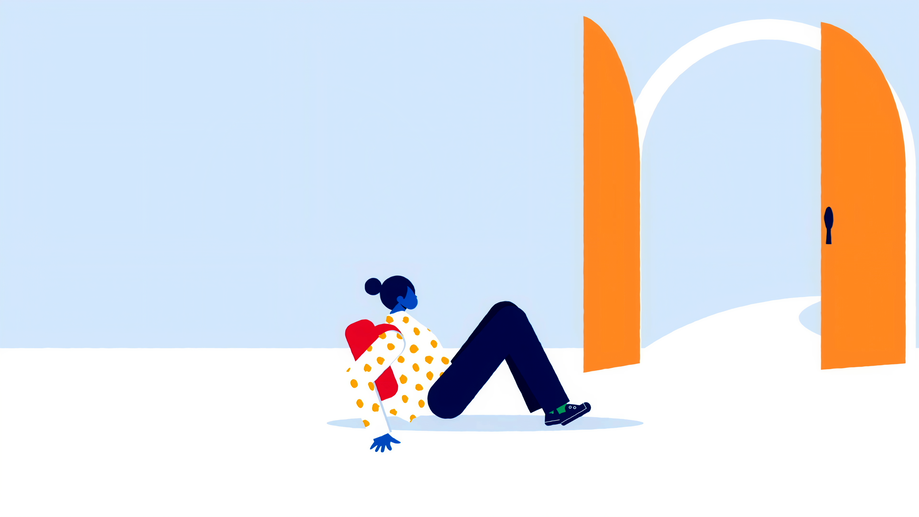Treat Every Day Like Earth Day: Climate Change & the Next Generation of Scientists

Author
Table of Contents
Name of the heading
Earth Day is April 22
Earth Day is a crucial time to amplify the conversation around climate change. At Labster, we’re committed to raising awareness and solving global challenges. This includes what’s happening to our planet. The moment is now for climate action and we’re here to equip students and teachers with new tools to help tackle the crisis.
Announcing Two New Climate Change Simulations
This month we released two new simulations that help students better understand climate change as part of our high school earth science course package:
- Human Impact on Climate Change: Balance human emissions and a growing population
- Timescales of Change: Natural climate change factors
Hands-On Labster Experience
Jon Albright, a high school science teacher and curriculum developer, spoke to Labster about our new simulations:
“These two excellent simulations from Labster will help you learn about the two factors driving climate change: natural cycles and human activities. These amazing interactive simulations allow your students to play with key variables and explore some of the complexities of climate change and global warming. They will also explore how rapid climate change is affecting people and places around the world.
Virtual Lab: Human Impact on Climate Change
Anthropogenic climate change, also known as the human impact, is a focus on the role humans play and how we can make a positive change to our planet. According toNASA, “Multiple studies published in peer-reviewed scientific journals show that 97 percent or more of actively publishing climate scientists agree: climate-warming trends over the past century are extremely likely due to human activities.”
Labster’s 3D climate model engages students in an immersive experience to help them understand the relationships among Earth systems. While climate change is mostly impacted by humans, the effects are far-reaching. Every aspect of our planet is affected, including biodiversity, sea levels, and ocean acidification.

As Albright said: “Our Pale Blue Dot, as Carl Sagan termed it, is an outpost of incredible diversity and life, but it is in danger. We are connected to our home, and if it is in danger, so are we.”
Virtual Lab: Timescales of Change
While the human impact on climate change is significant, there are also natural factors driving the issue. In this simulation, Dr. One takes students on a spaceship where they can explore three different models that depict Earth’s past climate variations.
While it may take eons in reality, this simulation enables students to watch time and impact pass by instantaneously. They can plant forests or trigger volcanic eruptions and asteroid impacts to observe how they affect Earth’s climate.

Natural vs. Human Impact
It’s important to note that while there are natural impacts, the human impact is much greater. Albright said: “Yes, natural cycles do cause climate change, but slowly and only over very long time periods of thousands to millions of years. Natural cycles alone cannot account for the warming that has occurred since the dawn of the Industrial Revolution and the more recent advent of the widespread use of fossil fuels (coal, gas, and oil).”
Earth Day & Every Day
Join us this May for the first event in our new Global Issues Series. We will convene leading thinkers and educators tackling the world’s most pressing global issues, including climate change, healthcare, and more. Sign up today to get information on dates and speakers as soon as they become available.

Teachers are empowering the future generation of scientists in their classrooms every day. A hopeful thought is that these are the students who will tackle our climate crisis, creating solutions that have a real impact.
Do you have the tools to equip students to take on the climate crisis? Try Labster’s 30-day free trial to engage your students in an immersive experience where they will learn about both human and natural impacts on climate change. Give them the tools to make change happen in their communities and in the world.
FAQs
Heading 1
Heading 2
Heading 3
Heading 4
Heading 5
Heading 6
Lorem ipsum dolor sit amet, consectetur adipiscing elit, sed do eiusmod tempor incididunt ut labore et dolore magna aliqua. Ut enim ad minim veniam, quis nostrud exercitation ullamco laboris nisi ut aliquip ex ea commodo consequat. Duis aute irure dolor in reprehenderit in voluptate velit esse cillum dolore eu fugiat nulla pariatur.
Block quote
Ordered list
- Item 1
- Item 2
- Item 3
Unordered list
- Item A
- Item B
- Item C
Bold text
Emphasis
Superscript
Subscript





